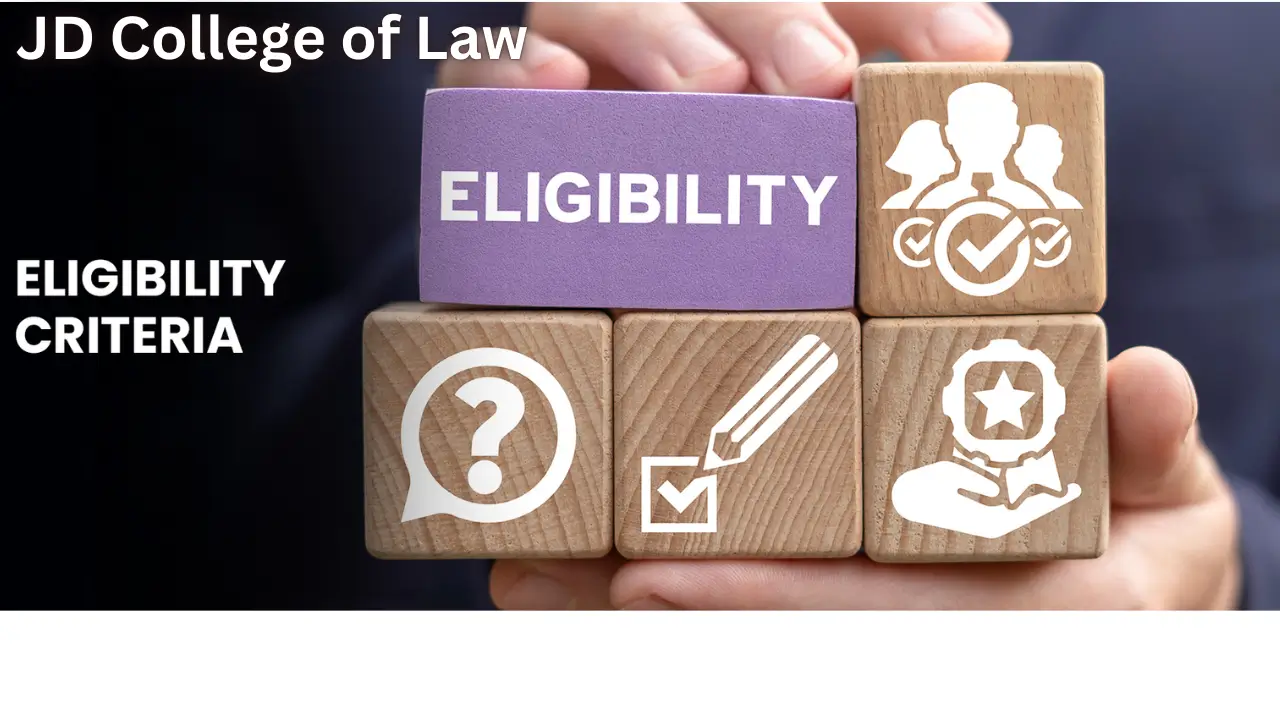In modern legal education, clinical legal education (CLE) and internships have become essential components for bridging the gap between theory and practice. Colleges that offer these opportunities equip students with the skills, knowledge, and experiences necessary to thrive as competent legal professionals.
Understanding Clinical Legal Education (CLE)
Clinical legal education is a hands-on teaching methodology where law students engage in practical legal work, often involving real clients and cases, under faculty supervision. It mimics the professional environment and emphasizes experiential learning — students learn law by actively practicing it rather than merely studying theory. Clinical programs may include:
- Legal aid clinics where students provide free legal assistance to underprivileged communities.
- Activities like client interviewing, legal counseling, negotiation, drafting, research, and courtroom simulations.
- Exposure to social justice issues and ethical responsibilities of lawyers.
The purpose of CLE is not merely academic. It develops critical professional skills, deepens understanding of procedural law, and fosters empathy by connecting students with clients’ real-life legal challenges. It also promotes access to justice by serving marginalized populations.
Importance of Internships in Legal Education
Internships complement clinical education by immersing students in actual legal settings such as law firms, courts, corporate legal departments, NGOs, or government agencies. These practical experiences help students:
- Apply theoretical knowledge in real-world contexts.
- Build legal research, drafting, and advocacy skills.
- Network with practicing lawyers and legal professionals.
- Gain insight into different legal career paths.
- Prepare for the demands of professional legal practice.
Internships may vary in duration, unpaid or paid status, and affiliation with academic credit, but their core value is experiential learning and career readiness.
Key Features and Benefits of CLE and Internships
| Feature | Description | Benefits |
|---|---|---|
| Experiential Learning | Learning by actively practicing law in supervised settings | Develops practical legal skills and confidence |
| Client Interaction | Direct engagement with real clients under supervision | Enhances empathy, communication, and ethical understanding |
| Skill Development | Research, drafting, negotiation, counseling, advocacy | Equips students with a comprehensive legal skill set |
| Ethical and Social Awareness | Exposure to professional ethics and social justice issues | Encourages responsible and socially-conscious legal practice |
| Access to Justice Contribution | Legal aid clinics assist underprivileged communities | Serves public interest and nurtures a sense of social responsibility |
| Career Preparation | Internships expose students to diverse legal environments and work cultures | Improves employability and practical readiness |
Latest Updates in Clinical Legal Education and Internships
- Legal education institutions are increasingly embedding CLE into mandatory core curricula with assigned academic credits and systematic evaluations to ensure meaningful student participation.
- Faculty development programs and workshops are being introduced to train educators in effective clinical teaching methodologies.
- Collaborations of law colleges with courts, NGOs, legal services, and government agencies are expanding to provide students with greater access to real cases and internship placements.
- Digital technology is playing a growing role—virtual legal clinics, online consultations, and case management tools are enhancing both student learning and access to legal aid.
- There is growing emphasis on tracking and evaluating the impact of CLE activities and internships to improve program quality and secure funding.
- Regulatory bodies encourage internships and clinical participation by linking them with credit systems and providing incentives such as stipends and fellowships.
- Despite progress, challenges remain including resource constraints, need for more trained clinical faculty, and ensuring consistent quality across institutions.
Challenges and Scope for Improvement
- Many law colleges face shortages of trained clinical faculty and adequate infrastructure.
- Some internships remain unpaid or lack academic recognition, which can limit student participation.
- Legal education reform advocates call for greater institutional support and regulatory changes to allow practicing lawyers to teach clinical courses.
- Expanding partnerships with NGOs and government bodies can provide more authentic learning experiences and broader social impact.
Conclusion
Most progressive law colleges today provide clinical legal education and facilitate internships to prepare students for real-world legal practice. These initiatives play a crucial role in honing practical skills, fostering professional ethics, and promoting access to justice. With ongoing reforms, digital innovations, and enhanced collaborations, clinical legal education and internships are set to become even more integral to legal education, shaping skilled and socially responsible future lawyers.
In summary, colleges that incorporate clinical legal education and internships effectively equip students not just as legal theorists but as competent, ethical practitioners ready to meet the profession’s challenges.












